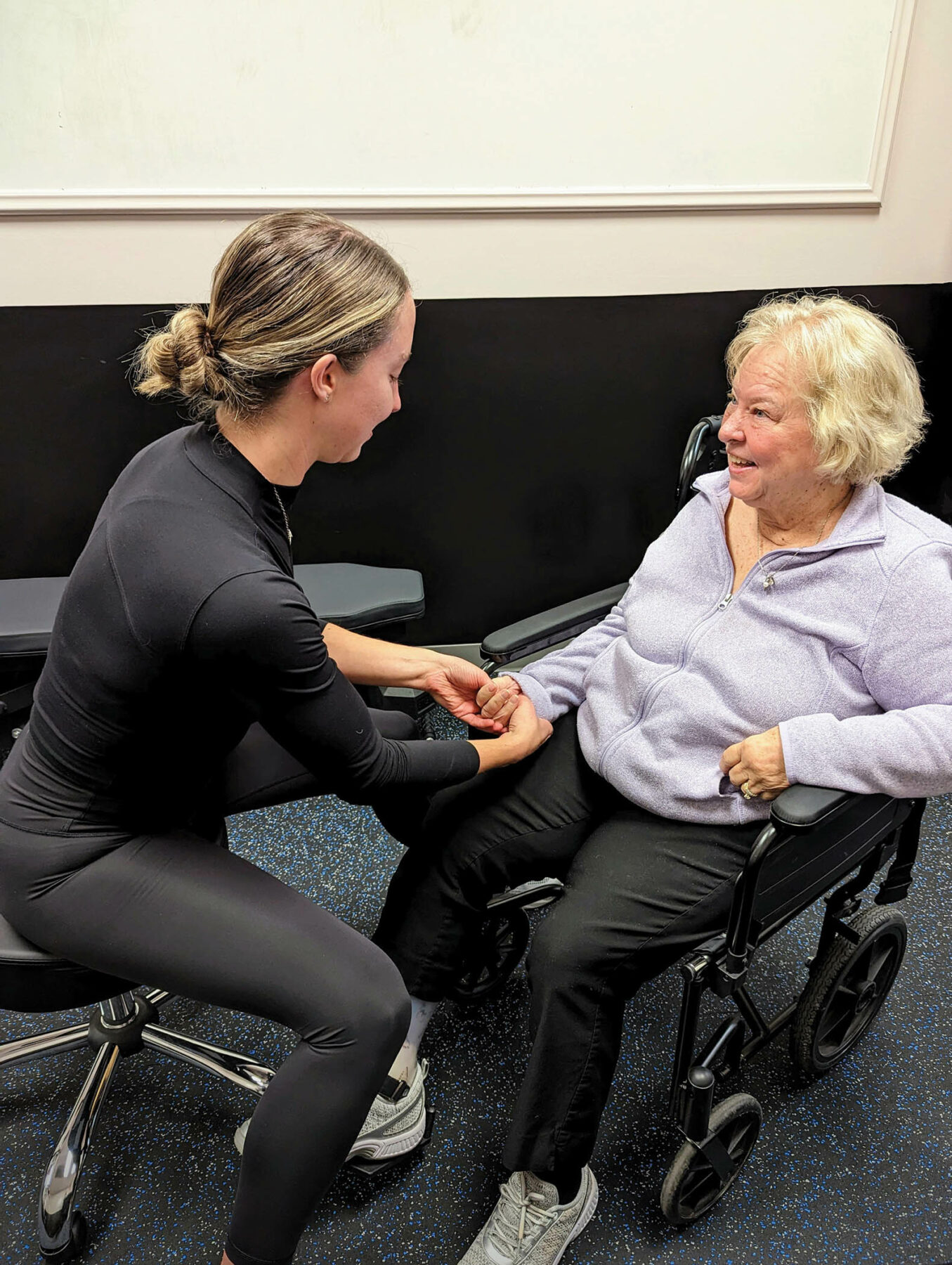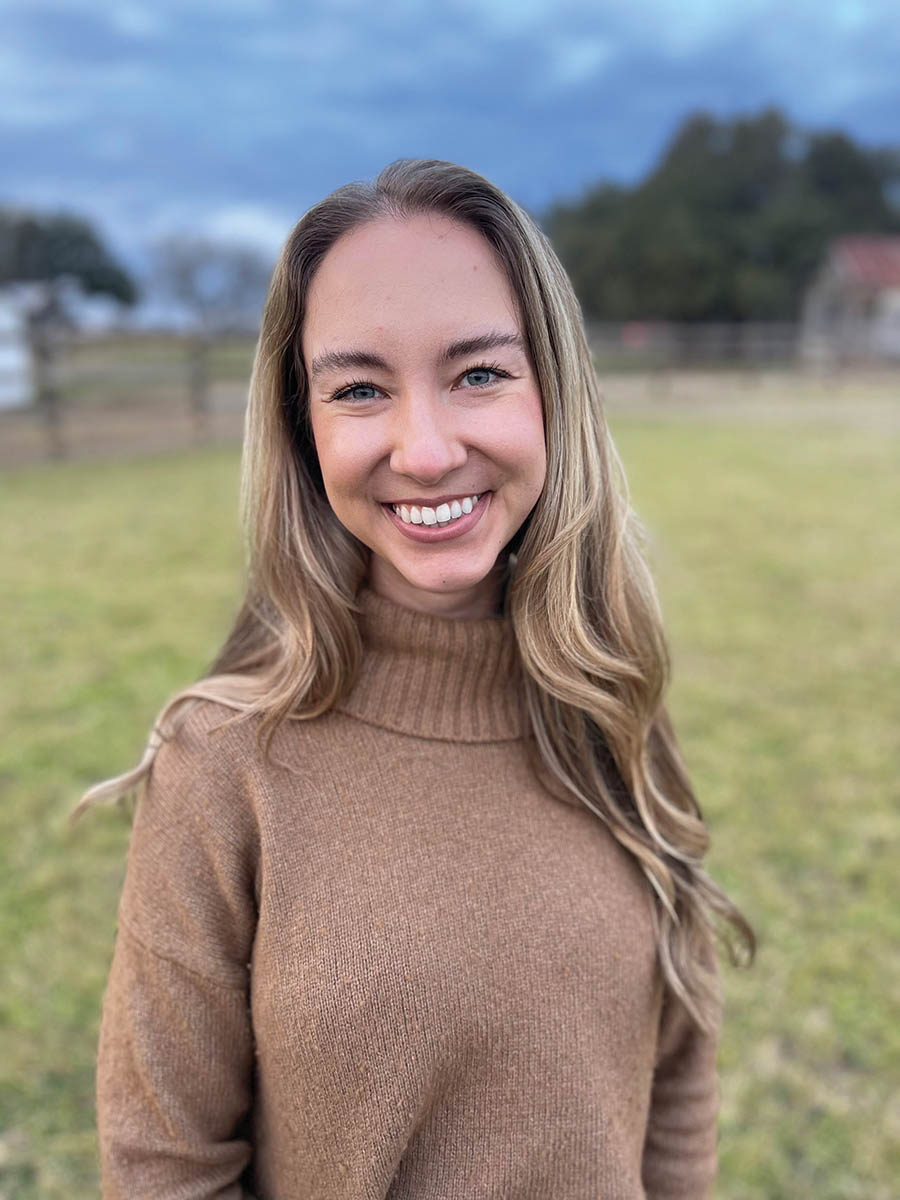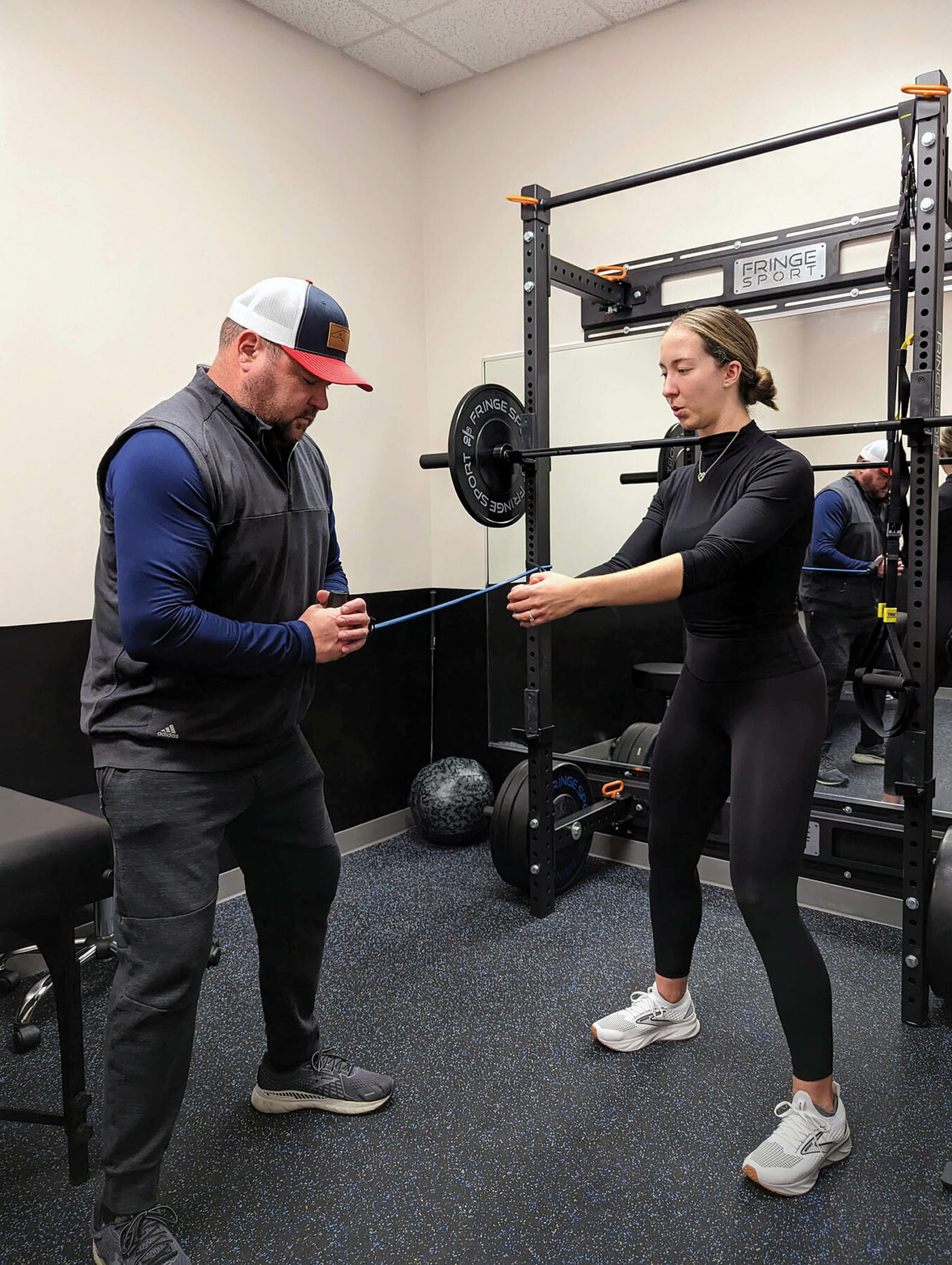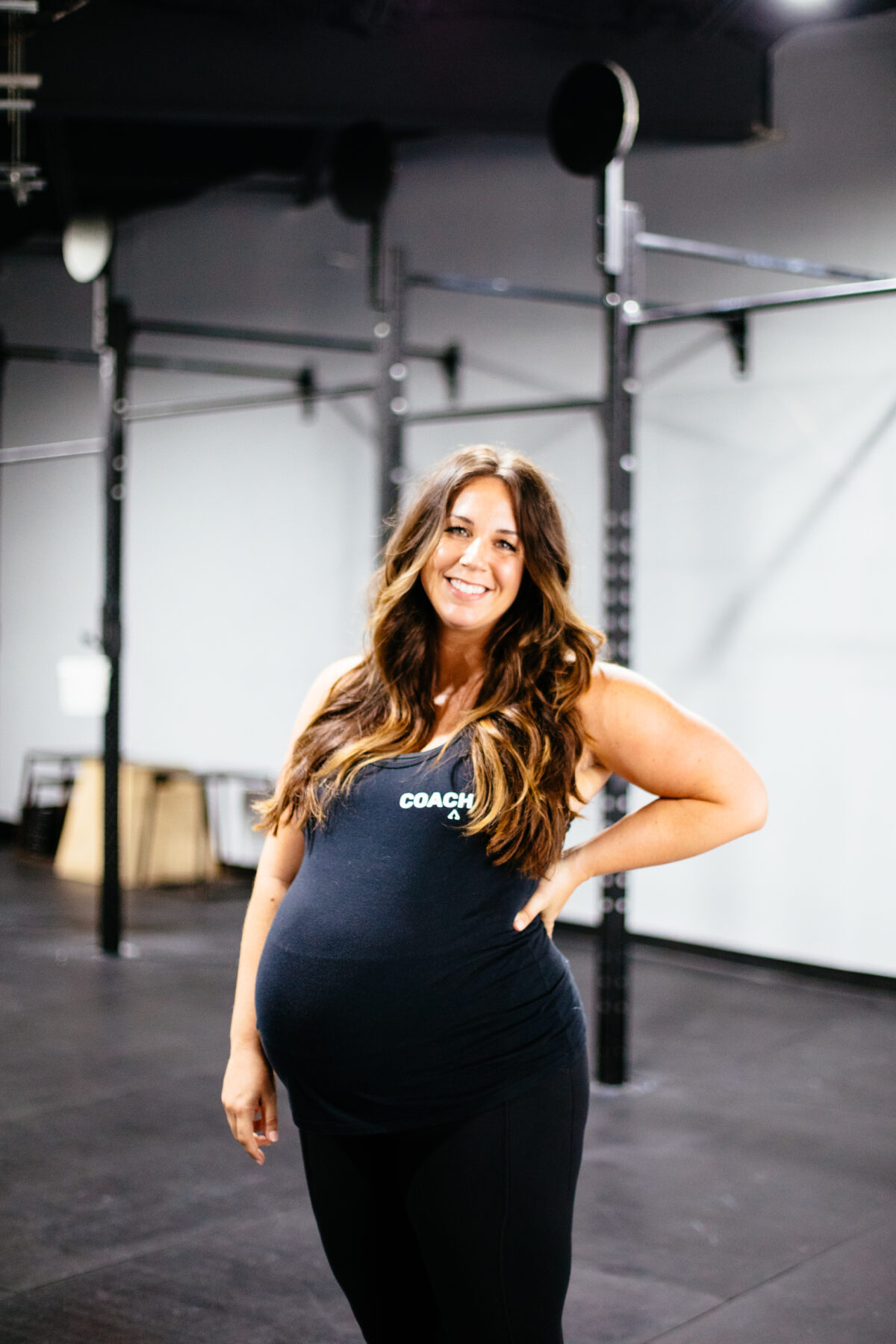Q&A: The Top 5 Ailments of Aging

“If you don’t use it, you’ll lose it.” This statement is true for all of life’s most important things: PTO hours, HSA funds and our physical strength, function and mobility.
Gone are the days of skating by on youthfulness alone, nourishing our bodies with caffeine and Crunchwrap Supremes, considering four hours to be a good night’s sleep, and claiming a trip to the fridge and back a workout well-done. Rather, here are the days of 3-day hangovers, random onset food allergies, sleeping aids and exercising through the neck pain your pillow caused.

Kelsy Vick, PT, DPT, PCES is a spritely 27-year-old physical therapist and the owner of Kinetique. She also happens to be my guiding light when it comes to keeping my body strong and moving well. I sat down with her to discuss some of the most common ailments of aging, and what we can do to preserve our strength and mobility and prolong our quality of life.
Sadie Flynn: What are the most common ailments of aging, and what are their causes?
Kelsy Vick: Without a doubt – balance, speed, lower extremity strength and control, thoracic mobility, and core/pelvic floor strength and control. These changes are oftentimes due to a combination of many factors, including personal and external contributors and normal physiological changes as we age. Some of these factors we can change (modifiable), and some of these factors we can’t change (non-modifiable).
Physiological processes slow down as we age, (which) can impact how easy it is for us to build strength and cardiovascular endurance, improve our bone mineral density, heal an injury, maintain our mobility, react to a misstep, maintain continence, etc. Our nerve/muscle communication becomes impaired, our body starts to lay more fatty deposits in our skeletal muscle tissue, the sensory systems involved in balance and posture slow down, and the heart’s ability to adapt and handle different stressors weakens.
SF: How can we relieve these aging ailments?
KV: “If you don’t use it, you’ll lose it” definitely amplifies these processes, so it’s important we include some modifiable practices and prevention strategies to help out.

One of the best things we can do includes strength and resistance training! No matter your past health history, strength and resistance training in the proper dosage and with the proper exercises can help reverse, delay and/or improve so many of these processes that occur as we get older, not only from a motor standpoint but also at a cellular level!
SF: What are some specific exercises people can do?
KV: Strength and resistance training is the magic pill we are all searching for, especially when it comes to longevity. It just so happens that the dosage is structured less like a bandaid and more like a probiotic, where consistent application is needed for the best results! So while there are some specific movements we can incorporate into our training to help preserve the five aforementioned areas, the best exercise you can do to help combat these changes is the exercise you do consistently.
But if you’re looking for some personal favorite movements, here are a few:
- For preserving or improving balance: Go unilateral (lunges, single-leg deadlifts, pistol squats, single-arm presses, marches, suitcase carries, waiter carries, asymmetrical isometric holds)
- For preserving or improving power and speed: Go monostructural (biking, swimming, running, walking, jumping rope) and get comfortable with explosive movements (box jumps, thrusters, broad jumps, kettlebell swings, burpees)
- For preserving or improving strength and control in lower extremities: Do what’s functional (squatting, deadlifting, lunging, stepping, running, jumping)
- For preserving or improving thoracic mobility and strength: Put your t-spine in positions it isn’t used to and open it up (open books, pallof presses, face pulls, overhead pressing with varied grips, any upper body rotational work)
- For preserving or improving core and pelvic floor strength and control: Work with a pelvic floor physical therapist or a trainer
It’s undeniable that as we age, our bodies require more time and attention to thwart injury and illness. But here’s an industry secret — if we stop treating our bodies like garbage disposals, and more like well-oiled machines, we’ll find that combatting the ailments of aging doesn’t have to be so arduous, but it does require effort.
About the Author

Sadie Flynn is a CrossFit level 2 certified trainer, pregnancy and postpartum fitness coach, and former collegiate athlete with a penchant for power lifts. As a mother, Flynn is deeply passionate about pregnant and postpartum fitness and wellness; she works hard to help educate and empower women to take intentional care of their bodies before, during and after birth. When she’s not coaching at CrossFit Renew, or forcing her ‘90s alternative music beliefs upon you, you can probably find her playing a basic board or card game over some beers with anyone who’s willing or, like most millennials in this town, eating her way through Austin with her husband and their two kiddos.






